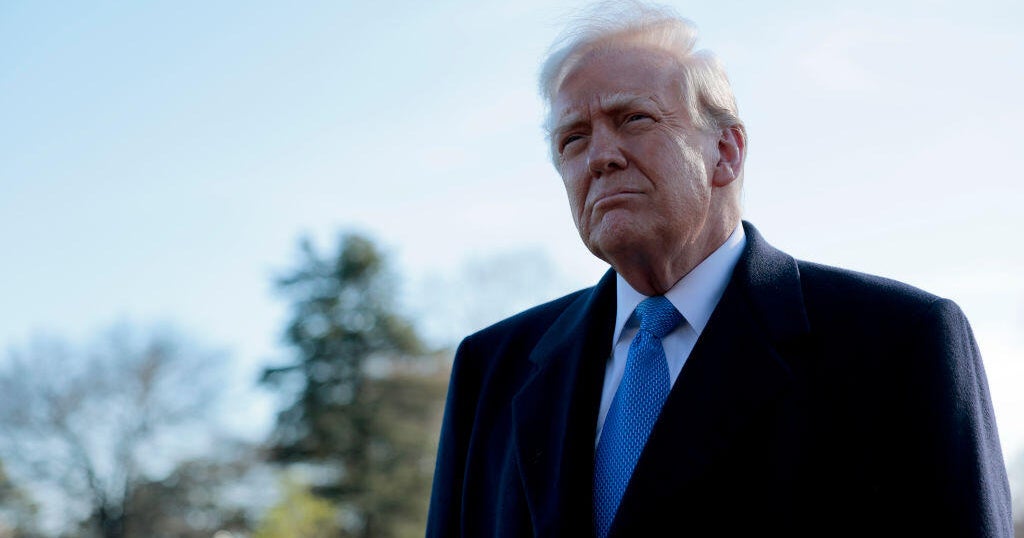A major shift in U.S. immigration policy is looming on the horizon, with the Trump administration announcing plans to revoke the legal status of hundreds of thousands of Latin American and Haitian migrants who were given entry into the U.S. through a sponsorship process initiated during the Biden era. The government is urging these individuals to self-deport, or face the prospect of arrest and deportation by U.S. immigration authorities.
The termination of work permits and protections from deportation, granted under an immigration authority referred to as parole, is set to take effect at the end of April. This date is exactly 30 days after March 25, as stipulated in a notice posted by the federal government.
This sweeping change will directly impact immigrants hailing from countries such as Cuba, Haiti, Nicaragua, and Venezuela, who were able to enter the U.S. under a Biden administration program known as CHNV. The program was specifically designed to curb illegal immigration at the U.S.-Mexico border by providing potential migrants with legal avenues to enter the country.
Around 532,000 migrants were able to set foot on U.S. soil leveraging this policy. However, the program was abruptly paused shortly after President Trump took office. It remains unclear how many of these individuals were able to secure another status that would allow them to legally remain in the country.
It was in early February when CBS News first broke the news that the Trump administration was considering revoking the legal status of individuals who entered the U.S. under the CHNV process.
The Department of Homeland Security (DHS) has stated that it will actively seek the arrest and deportation of those affected by this policy change if they fail to depart the U.S. within the next 30 days. The department is encouraging migrants to utilize a newly repurposed CBP Home smartphone app to register for self-deportation.
However, the DHS has made it clear that it retains the authority to target migrants who arrived under this program before the 30-day period comes to an end. The department’s officials indicate that they will prioritize the arrest of migrants who have not applied for another immigration benefit like asylum or a green card.
In a public statement, DHS spokeswoman Tricia McLaughlin claimed that the migrants allowed into the U.S. under the CHNV process were “loosely vetted,” and that the program was detrimental to American workers.
McLaughlin further stated, “The termination of the CHNV parole programs, and the termination of parole for those who exploited it, is a return to common-sense policies, a return to public safety, and a return to America First.”
The latest announcement is part of the Trump administration’s broader effort to discontinue humanitarian-based immigration programs that permit migrants to enter or remain in the U.S. with the government’s approval.
The Biden administration had previously praised the CHNV program as a successful policy that significantly reduced illegal border crossings by migrants from Cuba, Haiti, Nicaragua, and, to a smaller extent, Venezuela. However, Republicans criticized the program as an attempt to bypass the limits imposed by Congress on legal immigration. They also pointed out that the program had recorded instances of fraud.
In the fall of last year, the Biden administration made the decision to not allow CHNV beneficiaries to renew their two-year work permits under the program. Instead, they were advised to apply for other benefits, such as asylum and Temporary Protected Status. However, this prospect changed dramatically when Mr. Trump took office.
The Trump administration has already unveiled plans to phase out the TPS programs for Haitians and Venezuelans. It has also suspended all pending immigration benefit applications filed by individuals who arrived under the CHNV program. This decision was based on concerns related to fraud and the vetting process.
This news was reported by Camilo Montoya-Galvez, the immigration reporter at CBS News. Based in Washington, he covers immigration policy and politics for the network.









